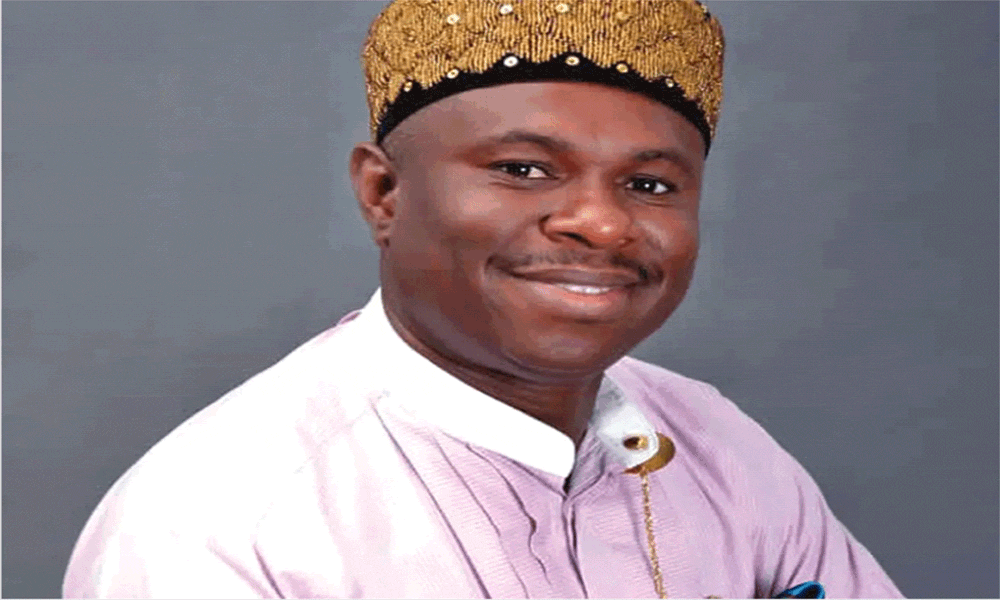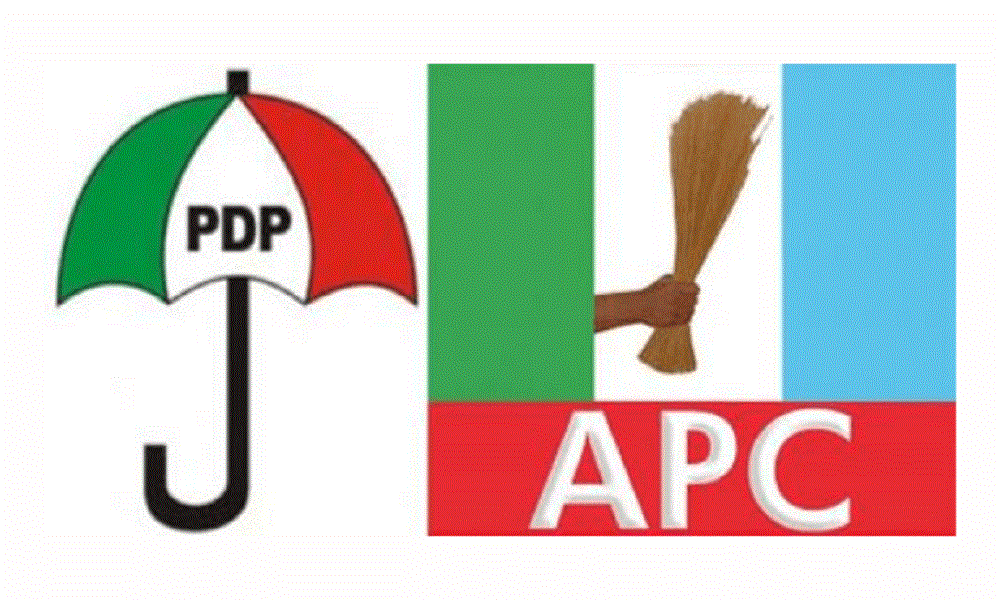Resolving Nigeria’s Electricity Conundrum

Every Nigerian knows that we have an electricity problem. It has been a recurrent sound bite in development discourse in Nigeria post- independence. This challenge is generational and has defied all attempts in the past to solve it. And Nigerians are gleefully looking to the incoming administration to end the search for the solution to this hydra-headed problem and terminate Nigeria’s electricity conundrum. Whether this administration will succeed where others have failed in unravelling the electricity conundrum depends on its careful study and understanding of the problem. It will entail an in-depth review of all previous initiatives to solve the problem, and the current state of the whole electricity value-chain in Nigeria as well as providing bespoke strategies to provide sustainable electricity supply that meets the massive demand in Nigeria. Electricity, especially in Africa, connotes light, which signifies progress, knowledge, and awareness. Therefore, literarily, the absence of light is darkness; metaphorically, the lack of electricity connotes the dominance of darkness, which Africans associate with everything negative – witchcraft, poverty, stagnation, and even death. Little wonder the availability of electricity, or lack thereof, is significant to Nigerians.
However, several studies have empirically proved that a lack of electricity correlates with poor human development indices. And on the flip side, access to reliable power can dramatically unlock higher quality of life. Three pertinent questions merit consideration: what is the current state of our electricity challenge ? What are some of the negative consequences of Nigeria’s electricity conundrum? And what solutions can the new administration pursue to solve the problem? Answers to these questions, though limited in detail and a rather snapshot of the current realities, provide a clear picture of the way forward for Nigeria and a bird’s eye view of the electricity ecosystem in Nigeria.
The current state of electricity generation, transmission and distribution in Nigeria is a study in crisis. This crisis has become endemic and defied logic and common sense. First, Nigeria’s installed electricity generation capacity is said to be about 13,000 MW. However, actual generation capacity delivered to the national grid for transmission to Nigerians has during the past 8 years stagnated at an average 4100MW – 4200MW daily, even though during the past 2 years there has been a marginal improvement in energy quantities delivered to the grid reaching 4,753MW on February 2023. The consistent inability to deliver much beyond 33% of total installed generation capacity is a function of fairly long- standing market, infrastructure and regulatory challenges. This is for a population of over 200 million. Egypt’s installed electricity generation capacity was approximately 58,000 MW, making it one of the highest in Africa, with 100% access, for a population of about 80 million people. As of 2021, the installed electricity generation capacity in South Africa was approximately 58,000 MW, with 84.4% access for a population of about 60 million people. These two countries, with a similar economic size to Nigeria, produce and distribute about 15 times more MW than Nigeria, whose population is almost three times more.
Second, Nigeria’s electricity distribution infrastructure needs to be updated and requires substantial investment. Transmission and distribution losses are high, resulting in a significant waste of generated electricity. Frequent system failures, such as blackouts and voltage fluctuations, are common due to inadequate infrastructure. Third, the regulatory framework for the Nigerian electricity sector has faced criticism for needing to be more effective and conducive to attracting investments. Inconsistent policies, bureaucratic hurdles, and difficulties enforcing regulations have hindered progress in the power sector. Fourth, electricity theft and non-payment of bills pose significant financial challenges for power distribution companies in Nigeria, affecting their ability to invest in infrastructure improvements and sustain operations effectively.
Fifth, lack of a systematic, integrated approach to investment in the sector and a need for sufficient diversification among gas, solar, wind, nuclear, and hydro sources. And finally, inadequate planning in anticipation of demographics, domestic and industrial power needs, and sabotage of public power supply to favour the generator lobby. These factors compound our electricity conundrum and render most efforts in improving electricity ineffective.
The consequences of this electricity quagmire are dire. Nigeria’s failure to actualise its full potential is partially attributed to this electricity conundrum. Studies have shown how the lack of reliable, affordable, and quality electricity has systematically underdeveloped our country in the past 30 years. And I will point out a few ways lack of electricity has stagnated our development or underdeveloped us.
The first is that it impaired economic productivity. Electricity is a fundamental requirement for industrial and commercial activities. Without reliable power, businesses face operational difficulties, reducing productivity and competitiveness. Lack of electricity also limits the establishment and growth of new industries, hindering job creation and economic growth. As a result, the country’s inadequate power supply has induced low economic development and a high unemployment rate. The Africa Industrial Index Report and World Bank data show Nigeria has had a low industrial growth rate over the past two decades.
The second is that it significantly limited access to essential services. Electricity is a fundamental aspect of modern life and vital in providing critical services such as healthcare, education, food security and clean water supply. Without electricity, healthcare facilities struggle to operate medical equipment, schools face challenges in delivering quality education, and communities may lack access to safe drinking water. This limited access to essential services hampers human development and perpetuates the country’s poverty cycle. This partially explains why our poverty rate is one of the highest globally.
The third is that it creates social and political tensions. The lack of reliable electricity can exacerbate political instability, particularly in fragile or conflict-affected states, and it can limit the government’s ability to provide essential services and create a sense of angst and frustration among electricity consumers. This has led to social unrest, political instability, and sometimes violence in the country.
The fourth is the environmental consequences. The reliance on fossil fuel-based generators as an alternative power source contributes to increased carbon emissions, air pollution, and ecological degradation. Inadequate electricity infrastructure impedes the development and adoption of renewable energy sources, slowing the transition to a more sustainable and low-carbon energy system.
The final impact is on security. Power outages and unreliable electricity supply have security implications. In urban areas, the absence of street lighting during blackouts can increase crime rates and compromise public safety. It can also negatively impact the operations of security systems, such as surveillance cameras and alarm systems, affecting overall security measures.
We appreciate this electricity challenge and how it has played a crucial role in our stagnated development, and we keep trying to fix it. However, we have been making cyclic movements – “motions without movement” in the same spot. The government created NEPA, embarked on massive electricity power sector reforms in 2005, started Nigeria Bulk Electricity Trading Company in 2010, privatised Distribution Companies in 2013 and Generation Companies in 2014. Yet the challenge remains. Progress has been marginal. Power generation on the grid rose from a meagre 3,183 MW in 2013 to 4,753.9 MW in 2023. With about a sixth of our population, even Ghana has a dependable electric power generation of 4,710 MW, with the access of 85.9% against our 57%.
How can the incoming administration rescue Nigeria from this intractable and malignant malady of electricity poverty?
The new administration must understand the four-fold snags the electricity industry faces: an exponential increase in the demand for electricity due to a rapidly increasing population without commensurate investment in the supplyend; pervasive insecurity threats to power installations and gas infrastructure given that about 80% of grid-tied generation are gas fired; high electricity transmission and distribution losses; over-reliance on generators which last year cost more than $5.2billion for importing and running generators; and liquidity challenges faced by distribution companies due to low collection efficiency and theft.
This understanding must lead them to declare a state of emergency on electricity. We can only imagine the multiplier effect of the government getting electricity right on our way of life. Nigerians over the generations have yet to experience sufficient electricity. The culture shock most Nigerians have when they go abroad is experiencing a constant electricity supply, and it takes a while to get used to it. This government must take Nigeria out of this “self-inflicted” electricity conundrum and put us on the road to sustainable electricity sufficiency.
I will suggest a cocktail of options available to the government. The government must create the right policy environment and framework for increased private investment in power generation, leading to the modernisation of transmission infrastructure and management. It must work towards greater diversification of energy sources, emphasising renewable and clean energy sources. It is time the government considered nuclear energy as an option. If South Africa , Iran and Turkey can build nuclear power plants , we have no excuse not to. Government must review existing distribution concessions with greater due diligence on the financial health of distribution companies. It must implement a steep upward review of tariffs on generator imports after a given period of grace to discourage generator dependency, and the government must do this simultaneously with improvement in power supply. The government must upgrade and modernise the national grid to make it more flexible and compliant with current global trends. State Governments , with the new constitutional provisions must play a critical role in our drive towards power sufficiency .
I am unconvinced that Nigeria is doing enough to fix this intractable electricity challenge that has held our development down from pre- independence. It’s from one tell-tale to another. Like a new chapter, the beginning of a new administration is not a time to blame past governments, the private sector, contractors, or consumers for our serial failure to fix power. It is time to assemble our best hands wherever they may be, be single-minded and drive the optimisation of electricity as a national project to unlock our true potential. The leadership of our country must show real commitment and strong will to improve the generation, transmission, and distribution of electricity. Nigerians expect nothing less. Failure is not an option—Nigeria’s economic, social, and political future hinges on solving our electricity conundrum.


